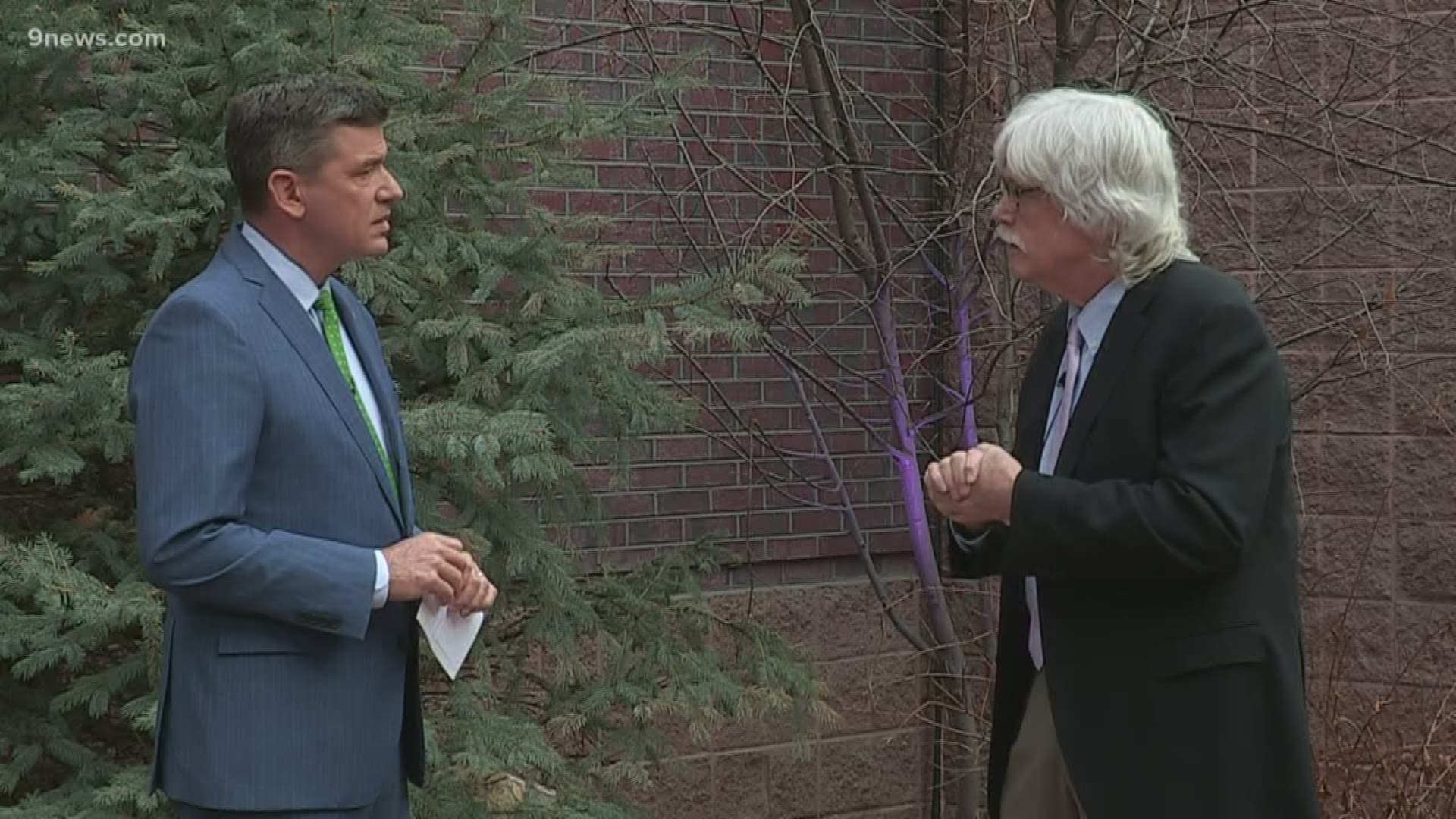DENVER — The new coronavirus pandemic has people across the country holding up in their homes and social distancing in an effort to curb the spread of the disease.
And while many pets have probably loved having their humans working from home, there’s still a question: How does COVID-19 impact pets?
For better or for worse, the virus is new enough that health organizations said there’s not enough data for definitive answers. But with that being said, here’s information about what scientists do know about COVID-19 and pets.
RELATED: Coronavirus live blog, March 16-22
NUMBERS: Colorado COVID-19 cases
Can you spread the coronavirus to your cat or dog?
The Centers for Disease Control and Prevention (CDC) said no, that’s highly unlikely.
“CDC has not received any reports of pets or other animals becoming sick with COVID-19,” the health organization’s website says. “Further studies are needed to understand if and how different animals could be affected by COVID-19.”
What should you do for your furry friend if you do get sick?
Even though the CDC says it has not received reports that animals can get COVID-19, out of an abundance of caution, the organization recommends having a friend or family member take care of your pets if you find yourself isolated or quarantined.
“If you are sick with COVID-19 (either suspected or confirmed), you should restrict contact with pets and other animals, just like you would around other people,” the CDC’s website reads. “… When possible, have another member of your household care for your animals while you are sick. Avoid contact with your pet including, petting, snuggling, being kissed or licked and sharing food. If you must care for your pet or be around animals while you are sick, wash your hands before and after you interact with them.”
What else can you do to make sure your pet is taken care of?
The American Society for the Prevention of Cruelty to animals (ASPCA) recommends preparing a kit with at least 30 days of supplies for your pet, including medications, and two weeks of food.
The ASPCA said it’s also a good call to proactively identify who you want to take care of your pet if you do get sick, and to give them information about any health issues, as well as contact information for your veterinarian.
Are veterinarians still working amid the social isolation orders?
At this point, yes. The American Veterinary Medical Association (ACMA) said vets should work even harder to get their surfaces clean — and to isolate team members who have been exposed.
The association also recommends that vets practice telemedicine when possible, and postpone any elective procedures.
Veterinarians have also been asked to meet patients at their cars when possible, rather than having a bunch of people in their office's waiting room.
Didn’t a dog test positive for COVID-19?
Yes. According to the Veterinary Services of the Hong Kong Special Administrative Region, a 17-year-old Pomeranian tested positive for the new coronavirus.
But, the World Organization for Animal Health said there’s no indication the dog was showing any symptoms. It’s still not believed that dogs can actually spread COVID-19.
With that being said, health officials said more studies are necessary. If you’re at risk, health officials recommending washing your hands before and after contact with a pet, and to continue to be vigilant.
SUGGESTED VIDEOS | Local stories from 9NEWS

